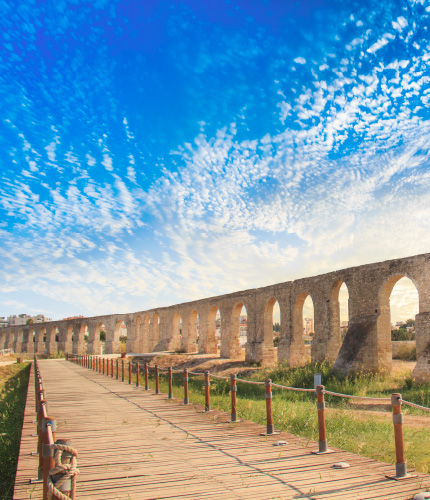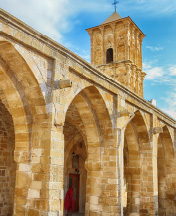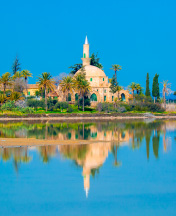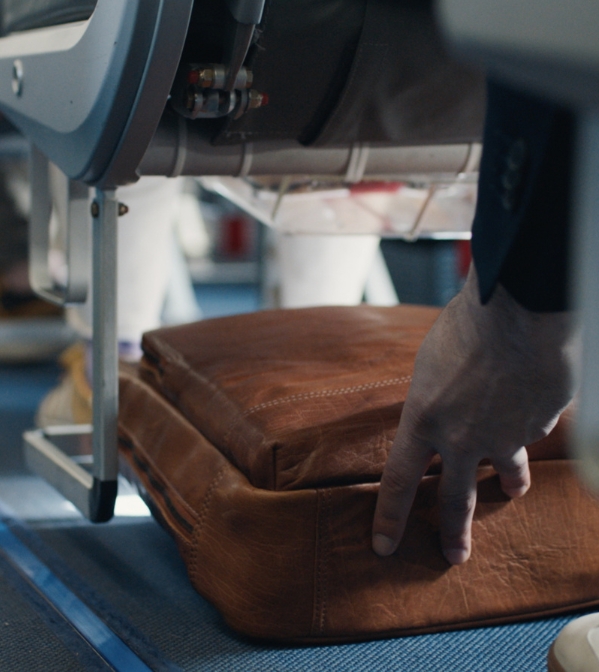Larnaca is one of the most ancient and most important cities of Cyprus. Over the centuries, the city has accommodated the Phoenicians, Greeks, Romans, Ottomans and British. The story of Larnaca, also known as Kition, is said to go back to biblical times; it is believed that Kittim, the grandson of Noah, established the very first settlement about 6,000 years ago. The advantageous site of Larnaca attracted a long list of merchants, invaders and conquerors as the centuries went by, although it was the era of the Byzantine empire that had the most impact on the history of the city. The Byzantines built the most important monuments, which survive to this day, such as the Church of Saint Lazarus. In the 16th century, the Ottoman Empire engulfed Cyprus, and Larnaca became a major hub of the Mediterranean region. The Larnaca Castle and Hala Sultan Tekke are remnants from that period. The Ottomans were succeeded by the British, who assumed control over Cyprus in 1878, and Larnaca was used as a port of entry, while its castle was turned into a prison. Larnaca remained a major centre of the island until 1960, when Cyprus gained its independence.













